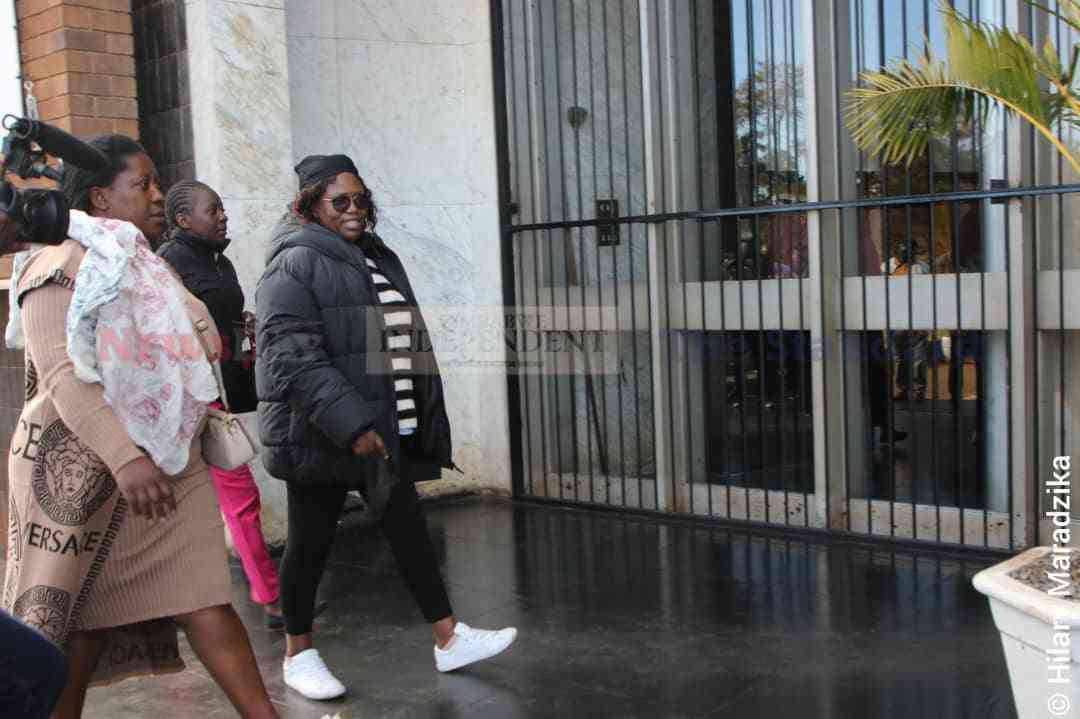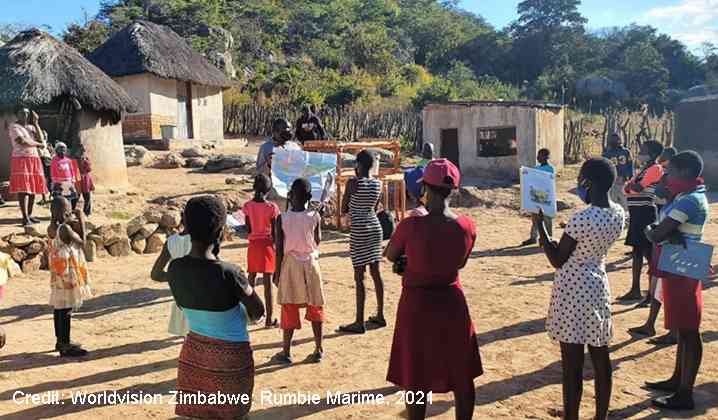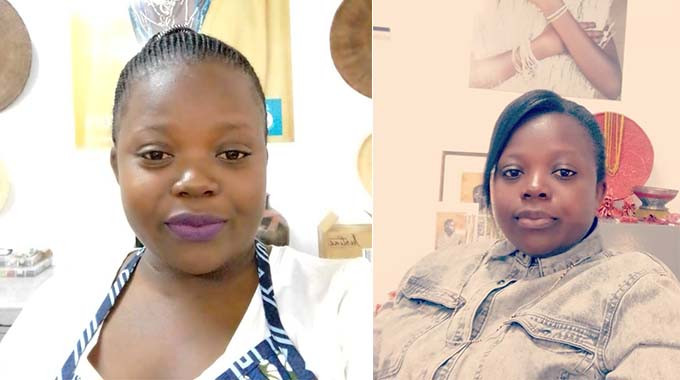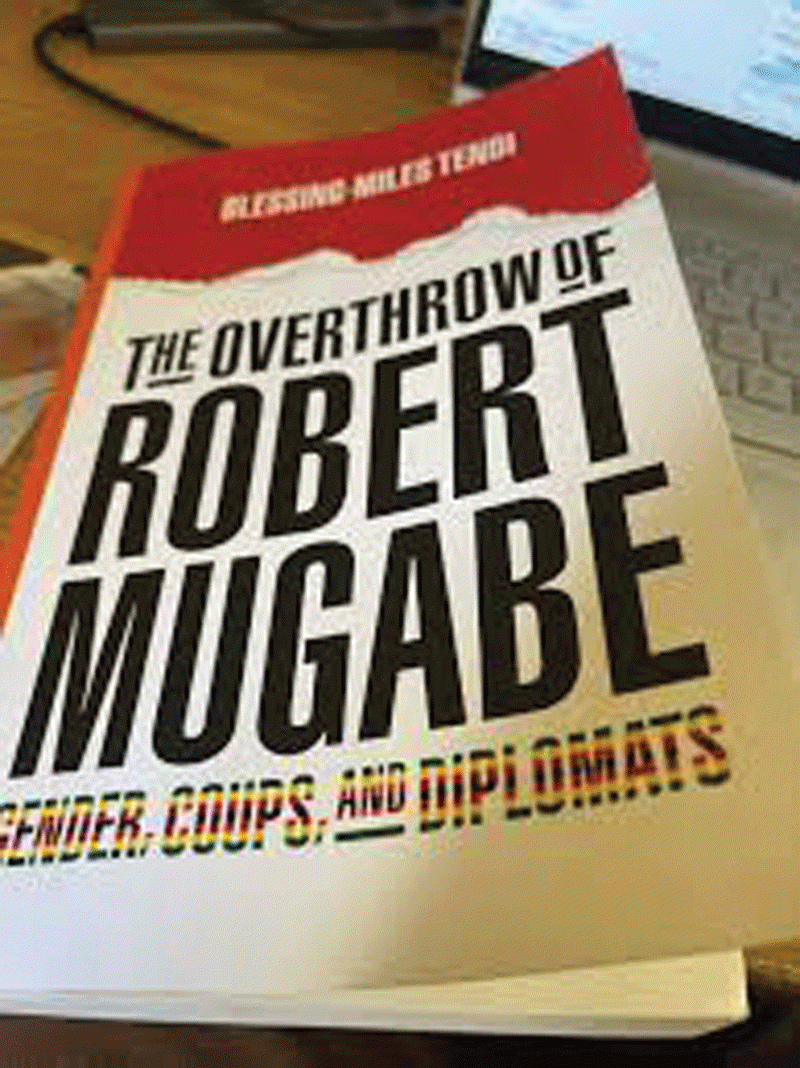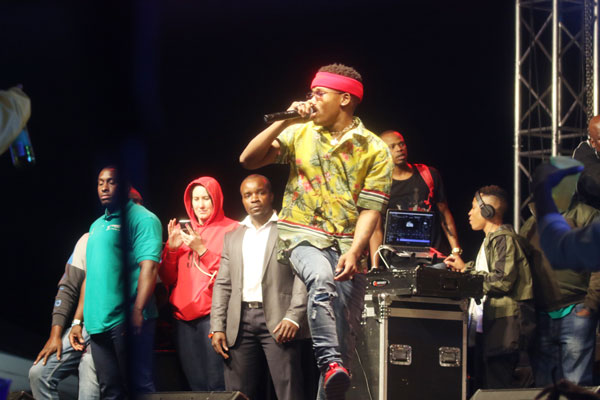
I had completely closed my mind to the music genre called hip-hop until last week on Saturday where the Alfred Dondo Foundation-organized Change A Life Concert turned out to be a hip-hop celebration, which featured artistes such as South Africa’s Nasty C, Takura, Afro Beats, Ex-Q, Nutty O and King 98, who are all hip-hop artistes. A huge crowd followed them to Wingate Golf Club. Even Jah Prayzah, who sang his usual stuff — Mudhara Achauya, Gochi Gochi, Chengetedza, Ndin’ Ndamubata, Ndoenda and Hondo — was forced to sing a hip-hop song for the crowd. Ammara Brown, who could also be categorised as a hip-hop artiste, although billed to perform at the concert, was conspicuous by her absence. Instead, Jah Signal, who was not part of the billed artistes, rounded off the concert.
in the groove by Fred Zindi

I am not sure whether the huge crowd that turned out at Wingate Golf Club had come to see Nasty C (who was visiting Zimbabwe for the first time), were truly hip-hop fans , or they were people just looking for excitement. What confused me was the hip-hop attire which the young boys adorned. Most of them were wearing sagging baggy trousers, which exposed their multi-coloured underwear and flat sneakers without shoe laces. This is highly regarded as hip-hop style.
However, I believe some of the teenagers sitting next to me, namely Tapiwa, Laurraine and Tendeks, were true Nasty C followers as I saw them regurgitating word-for-word (when Nasty C came on stage) tunes such as My Baby, Jungle and Jiggy Jigga. If those kids around me were true hip-hop fans and represented a large portion of the crowd, then I can safely conclude that hip-hop is still alive in Zimbabwe.
After the supporting acts were done, there was wild excitement even before Nasty C, born Nsikayesizwe Nqcobo, came on stage. Before he could utter a word, there were wild screams from the crowd who failed to notice that he had no band, but just one DJ who played CDs as Nasty C’s backing tracks. In his first two tracks, he oozed a lot of energy as he jumped up and down giving us what I thought was the hip-hop dance, but he soon got tired. However, one could tell that the 20-year old wanted to give this show his best shot. The show continued even when he stopped jumping up and down.
During his performance, he even stopped for a while to give thanks and praises to the promoters of the show, Impala Car Rental, whom he said were helping disadvantaged children in Zimbabwe through the Alfred Dondo Foundation. Nasty C, also having been brought up as an orphan, said that he fully supported this worthwhile cause. He also thanked the audience who turned up in their thousands for their support for the cause.
Among the audience were about 50 children with disabilities, which ranged from visual impairment, mental retardation, to hearing impairment and physical disabilities. They all sat in the VIP tent, but they left before Nasty C went on stage. I guess because they were too cold.
I am certain the promoters wanted these children to see Nasty C’s performance and to appreciate hip-hop. However, before they left, they all danced to Jah Prayzah’s music, which most of them were familiar with judging by the way they sang along to the songs.
- Chamisa under fire over US$120K donation
- Mavhunga puts DeMbare into Chibuku quarterfinals
- Pension funds bet on Cabora Bassa oilfields
- Councils defy govt fire tender directive
Keep Reading
For those not so familiar with the hip-hop genre, let me bring you closer to the people who imitate this type of music right here in Zimbabwe.
One Zimbabwean artiste who comes to mind when we talk of hip-hop is Stunner and although he appeared at the concert, he was not billed to perform. His style of music could easily be defined as hip-hop, which is a subculture defined by four key stylistic elements: MC-ing/rapping, DJ-ing/scratching, sampling and beat-boxing. These elements are borrowed from American and Jamaican street culture, although Zimbabwean hip-hop is characterised by its use of mainly Shona lyrics.
Hip-hop is a genre which embraces rap music. It is a genre consisting of a stylised rhythmic music that commonly accompanies rhythmic and rhyming lyrics that are chanted. In Jamaica the chanting is referred to as “toasting”.
The first American artistes to be associated with hip-hop music were bands such as Africa Bambaata, Sugarhill Gang, Grandmaster Flash and Rappers’ Delight. It is believed that Keith Cowboy, lead singer with Grandmaster Flash, created the term hip-hop while teasing a friend who had just joined the US army by scat-singing the words: “hip-hop, hip-hop” to mimic the rhythmic cadence of soldiers marching and it became part of his stage performance.
The hip-hop culture eventually spread to artistes like MC Hammer, Dr Dre, Snoop Dogg and later 50 Cent, Jay Z and Kanye West.
New York City experienced a heavy Jamaican hip-hop influence during the 1990s. This influence was brought on by cultural shifts, particularly because of the heightened immigration of Jamaicans to New York City and the American-born Jamaican youths who were coming of age during the 1990s.
Prior to the 1980s, hip-hop music was largely confined within the context of the US. However, during the 1980s, it began its spread and became part of the music scene in dozens of countries. Zimbabwe was no exception. Zimbabwean musicians have always loved to imitate music coming from America, but the extent to which this type of music has been widespread among the youth of this country is what surprised me at the Change A Life Concert.
American hip-hop is often referred to as protest music and is often associated with money, sex, drugs and alcohol. To give you an example of the American protest lyrics,here are the words from two songs by Eminem and Tupac:
“I’ve got to formulate a plot or I end up in jail or shot/success is my only mothafuckin’ option, failure’s not”. “Lose Yourself”, (Eminem).
“Much love to my brothers in tha pen/See ya when I free ya/If not, when they shut me in.” “Holla if Ya Hear Me”. (Tupac).
However, despite the perceived decline in this music genre of late, there is great potential in Zimbabwean musicians taking hip-hop music to international levels. There is no doubt in my mind that this is the music for young people below the age of 30 and if more bands and DJs in Zimbabwe play it, it certainly has a future.
l Feedback: [email protected]

